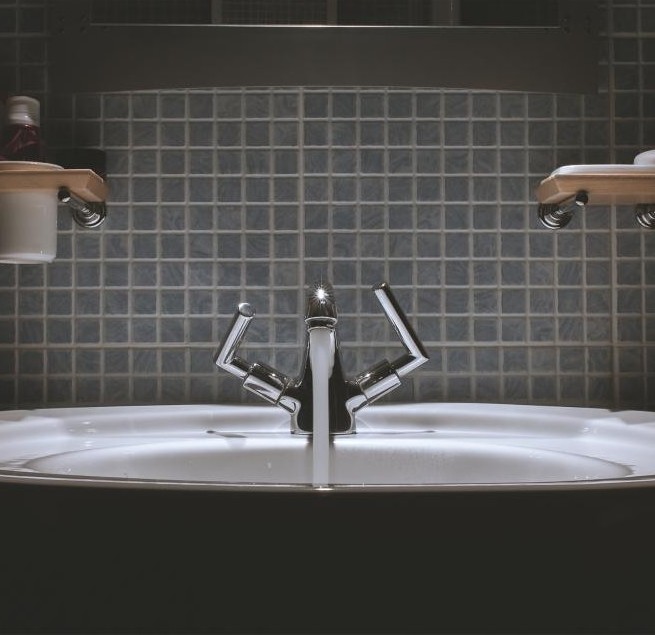By Barbara E. Marczak, P.E., Prein&Newhof
Last September, I became Chair of the Michigan Section of the American Water Works Association (AWWA). With over 50,000 members, including 1,600 in Michigan, AWWA is the nation’s largest non-profit organization dedicated to managing and treating water.
Little did I realize then that one of the biggest public drinking water crises would unfold in Michigan and reach the size it has today. As I watch the media cover Flint’s water crisis, I’ve been moved by the public’s disbelief, concern, anger, a desire to help, and the emerging efforts to prevent something similar from happening again.
Drinking Water’s History
Looking back over 100 years ago, Americans often died after drinking untreated water. Health professionals hailed modern water treatment technology and distribution systems as the most significant public health advancement of the last century. While safe drinking water has contributed significantly to economic development and prosperity in the United States, there have still been incidences when a water system failure sickened or even killed those using it. In 1993, over 400,000 people in Milwaukee became ill with Cryptosporidiosis. In 2000, over half the 5,000 people in Walkerton, Ontario became sick by drinking water from wells contaminated with E. coli, and in 2002, a change in water treatment in Washington, D.C., led to the release of lead from water service lines.
Water professionals, myself included, learned from these incidents. We found better ways to treat drinking water, adopted more vigilant testing and monitoring protocols, and found better ways to work with public health professionals in tracking potential issues. I’m sure we’ll learn from Flint, too.
Responding
In my role as Chair of the Michigan Section AWWA, I am committed to working with our members to offer education and information that will help prevent future incidents. Since September, I have worked hard with other leaders in the Michigan Section to execute the AWWA’s mission to train water professionals while providing networking and learning opportunities. As an example, the Michigan Section AWWA and the Michigan Water Environment Association (MWEA) earlier in February hosted the largest yearly gathering of water professionals and vendors of water treatment and maintenance equipment in Michigan. Besides operator training sessions, water professionals saw the latest technology and equipment in the drinking water and wastewater treatment industry. Through these activities, AWWA and MWEA helps educate engineers and operators responsible for designing, operating and delivering safe drinking water. Many of these same professionals are responsible for keeping our lakes, rivers, and streams clean and free of environmental contaminants. Although the Flint crisis dominated our discussions with each other, the event reminded us of the many positive reasons we work in the water industry.
Nineteen of Prein&Newhof’s professional engineers and scientists belong to these organizations so they enhance their ability to design the public infrastructure we rely upon and take for granted. We volunteer our time in these and many other industry organizations as a way to learn, teach, support, and give back to our profession and our communities.
Please contact me, Prein&Newhof, or the AWWA if you have drinking water questions. If you want to know what’s in your water, we test that, too. Our environmental laboratory is MDEQ-certified to test drinking water for many impurities, including lead and copper.

